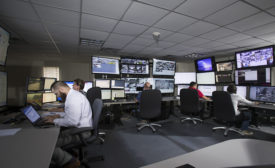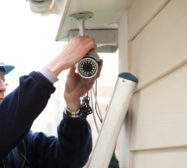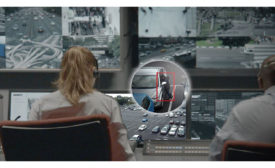Video Solutions
It seems as though everyone’s talking about artificial intelligence, but is everyone saying the same thing? With the impact AI will have and is already having on the security industry, let’s make sure we’re all on the same page.
Read More
How to Turn a $30 Monthly Customer into $100+ Monthly Customer
Increase your RMR through value-added managed video services without having to increase your customer volume.
July 16, 2018
The Case for HD Over Coax
Familiarity and ease of deployment make HDoC a compelling alternative for new installations.
July 16, 2018
Profiles in VIDEO MONITORING
Five dealers share how they got started in video monitoring, and their secrets for success.
July 9, 2018
The Power of Deploying Video Analytics in the Cloud
As technology migrates to the cloud, so do analytics, offering more benefits than you might think.
July 9, 2018
Be in the forefront of security intelligence when you receive SDM.
Join over 10,000+ professionals when you subscribe today.
SIGN UP TODAY!Copyright ©2024. All Rights Reserved BNP Media.
Design, CMS, Hosting & Web Development :: ePublishing











